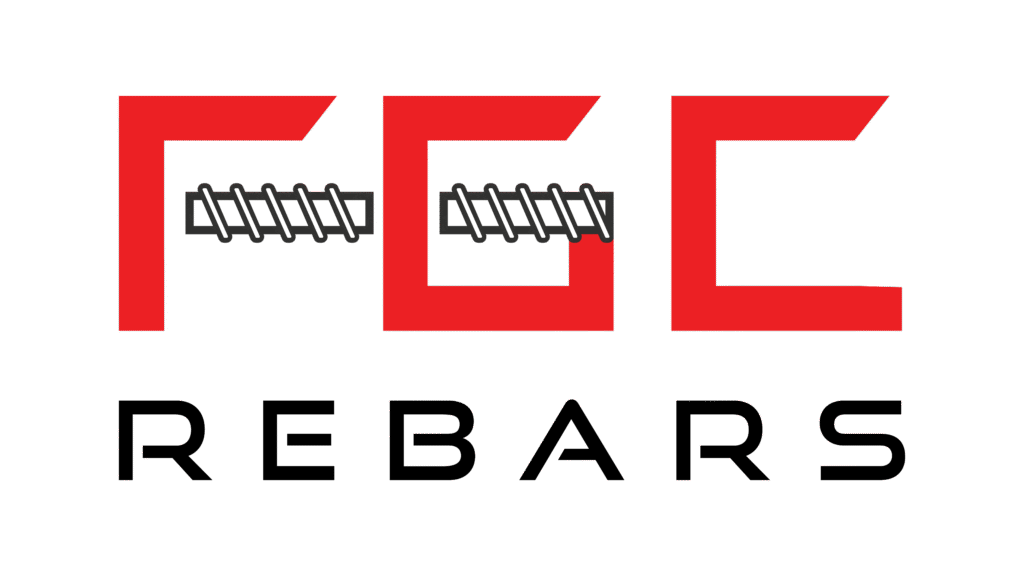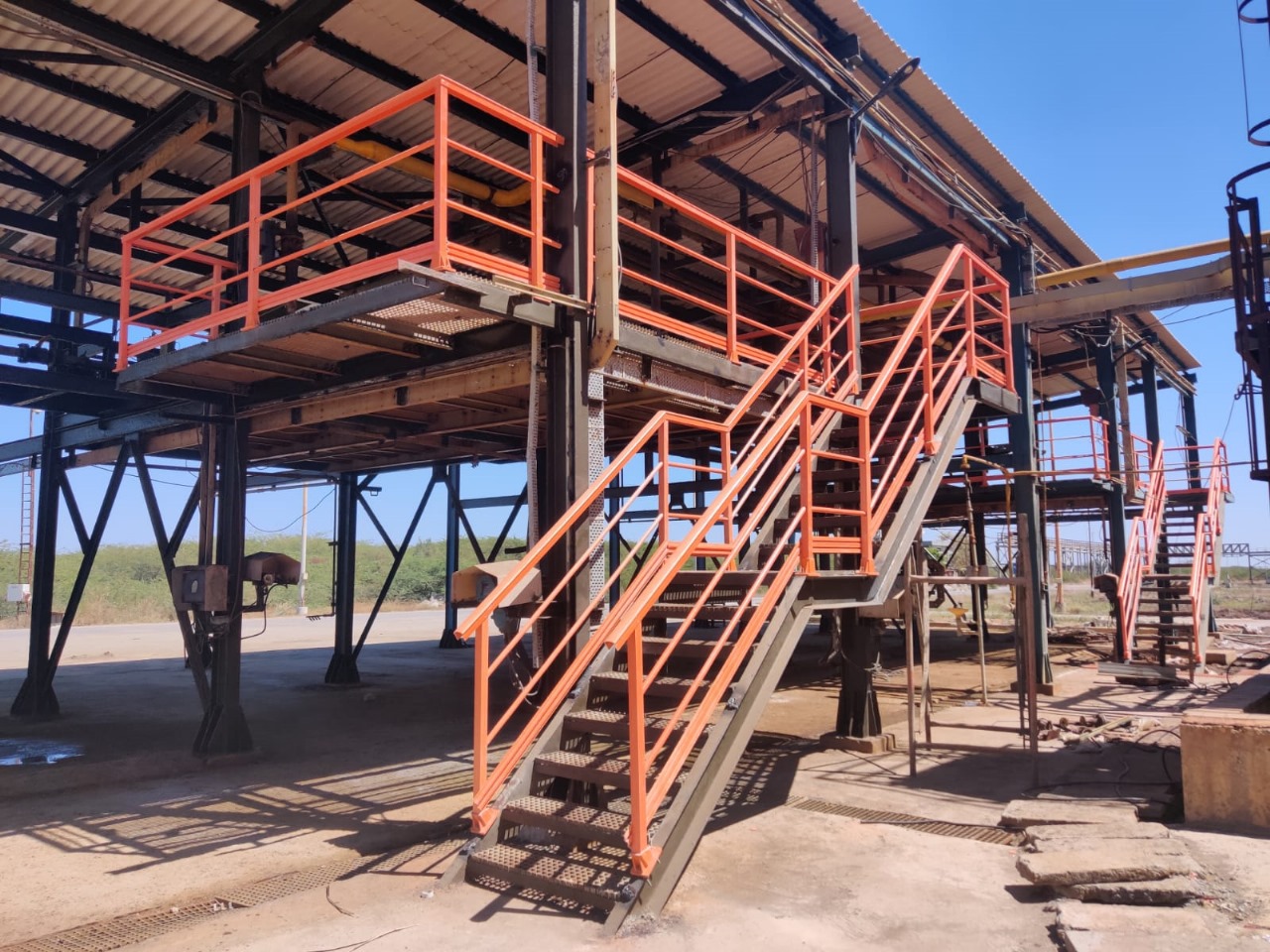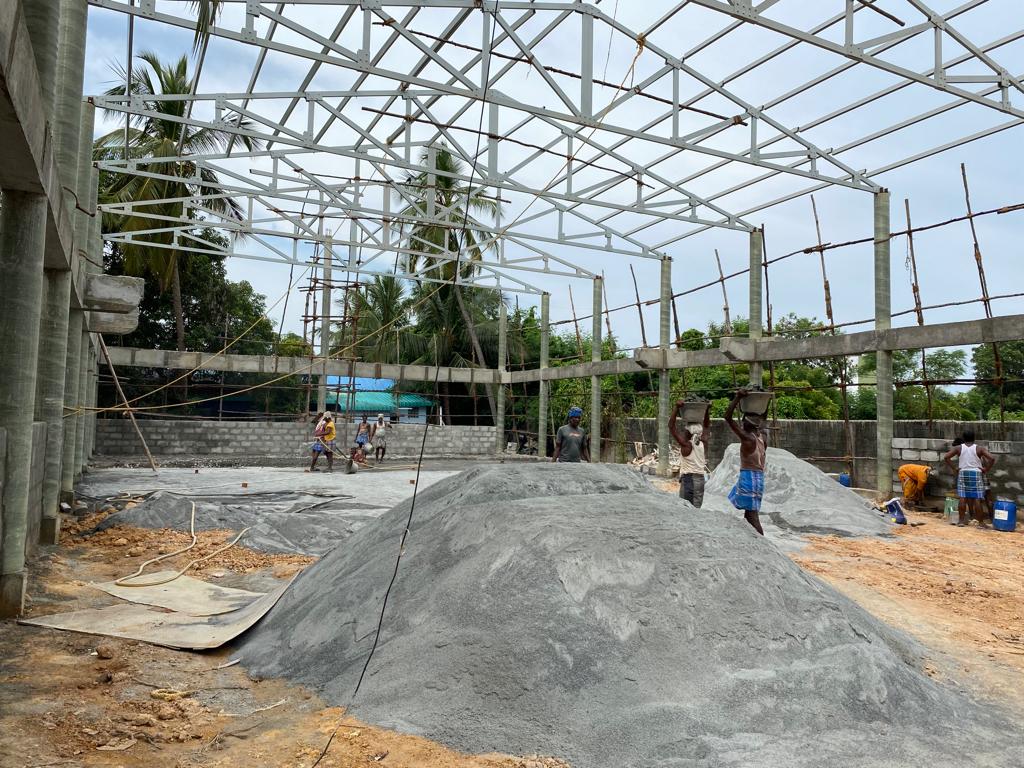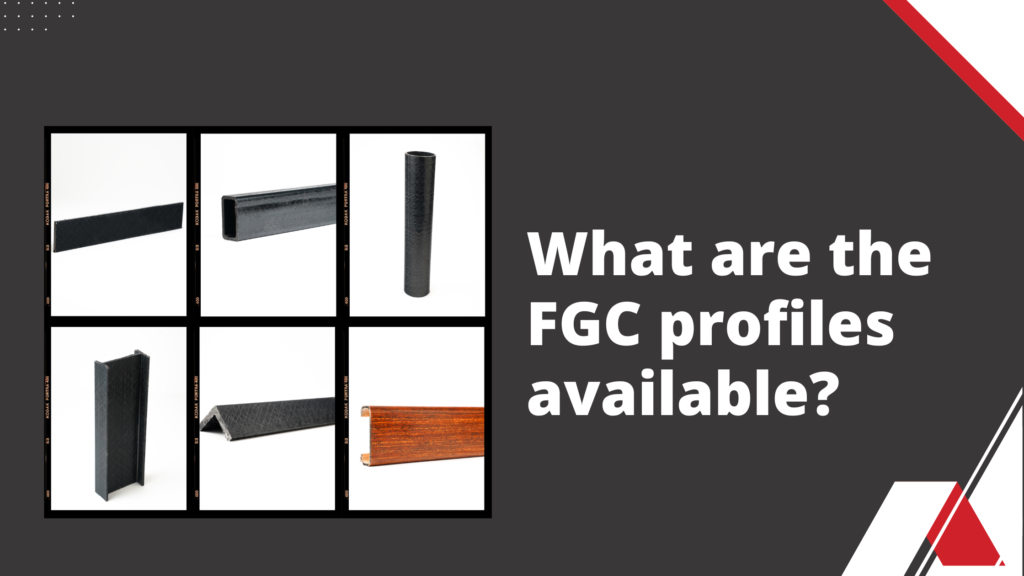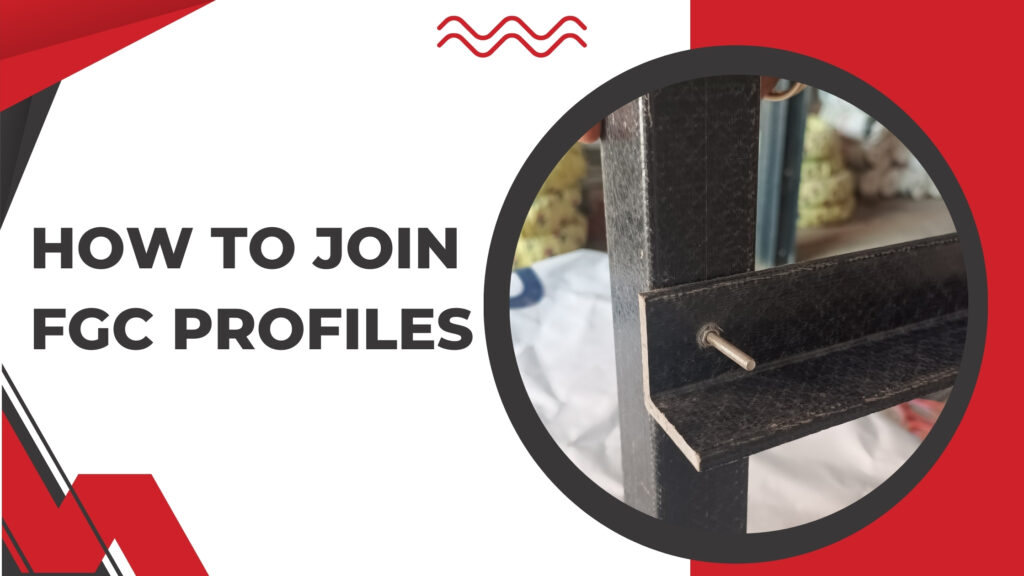Introduction:
In the world of construction and fabrication, finding versatile materials that can adapt to different needs is crucial. One such material that has gained popularity in recent years is FGC (Fiber Glass Composite) profiles. Applications of FGC profiles, with their lightweight design, durability, and high adaptability, find application in a wide range of applications, from aerospace engineering to automotive manufacturing. Let’s delve into some common applications where FGC profiles excel.
Staircase Construction:
FGC profiles are increasingly being used in staircase construction due to their strength and corrosion resistance.. Additionally, FGC profiles are lightweight, making them easier to handle and install compared to traditional materials like steel or wood.
Shed Work:
FGC profiles are ideal for constructing sheds and other outdoor structures. Their resistance to weathering, UV rays, and corrosion makes them a durable choice for outdoor applications. Whether it’s a garden shed, storage unit, or agricultural shelter, FGC profiles provide long-lasting performance with minimal maintenance requirements.
Partitioning:
In interior design and commercial spaces, FGC profiles offer a lightweight and cost-effective solution for partitioning.Users can easily customize these profiles to fit specific dimensions and design requirements.
Fencing:
FGC profiles are commonly used in fencing applications due to their durability and low maintenance requirements. Whether it’s for residential, commercial, or industrial purposes, FGC profiles offer a lightweight alternative to traditional fencing materials like metal or wood. They are resistant to rust, rot, and termites, ensuring longevity even in harsh environmental conditions.
Architectural Elements:
Architects increasingly incorporate FGC profiles into architectural designs for their versatility and aesthetic appeal.
Landscaping:
In landscaping projects, FGC profiles are used for creating edging, borders, and decorative elements. Their lightweight nature allows for easy installation, while their resistance to moisture and chemicals ensures durability in outdoor environments. Whether it’s defining garden beds, pathways, or retaining walls, FGC profiles provide a versatile solution for landscaping needs.
Railing:
FGC profiles are commonly used for railing systems in both indoor and outdoor settings. Their high strength-to-weight ratio makes them an excellent choice for providing safety and support along staircases, balconies, decks, and walkways. Additionally, customizing FGC profiles to match specific design preferences offers both functionality and aesthetics.
Machine Guarding:
In industrial settings, FGC profiles are utilized for machine guarding applications. These profiles provide a protective barrier around machinery to prevent accidents and ensure worker safety. Their non-conductive properties make them suitable for use around electrical equipment, while their durability ensures long-term performance in demanding environments.
Racks and Enclosures:
FGC profiles are used for constructing racks, enclosures, and shelving systems in various industries. Whether it’s storage racks in warehouses, enclosures for electrical components, or display shelves in retail spaces, FGC profiles offer a lightweight and corrosion-resistant solution. They can be easily assembled and customized to accommodate different storage requirements.
Conclusion:
FGC profiles offer a versatile and sustainable solution for a wide range of applications in construction, fabrication, and design. From staircase construction to landscaping, fencing to machine guarding, these profiles continue to revolutionize various industries with their durability, flexibility, and aesthetic appeal. As technology advances and innovation continues, we can expect to see even more creative uses of FGC profiles in the future.
